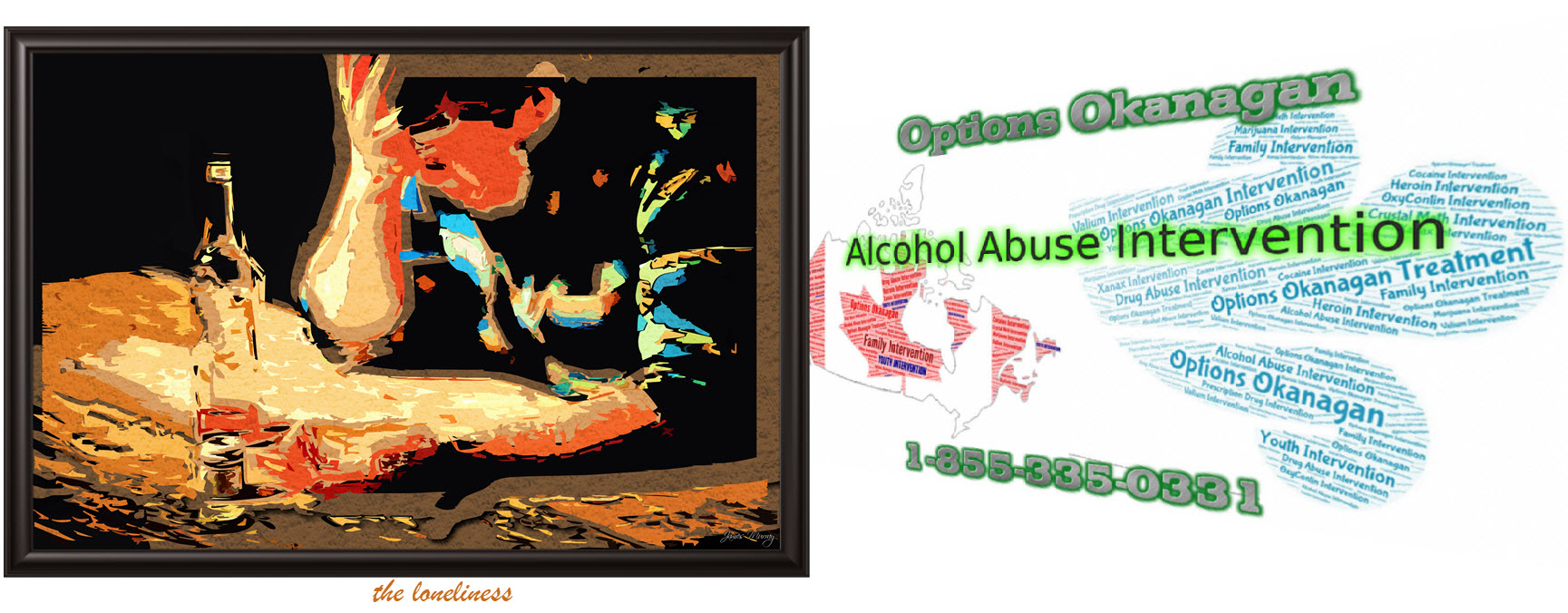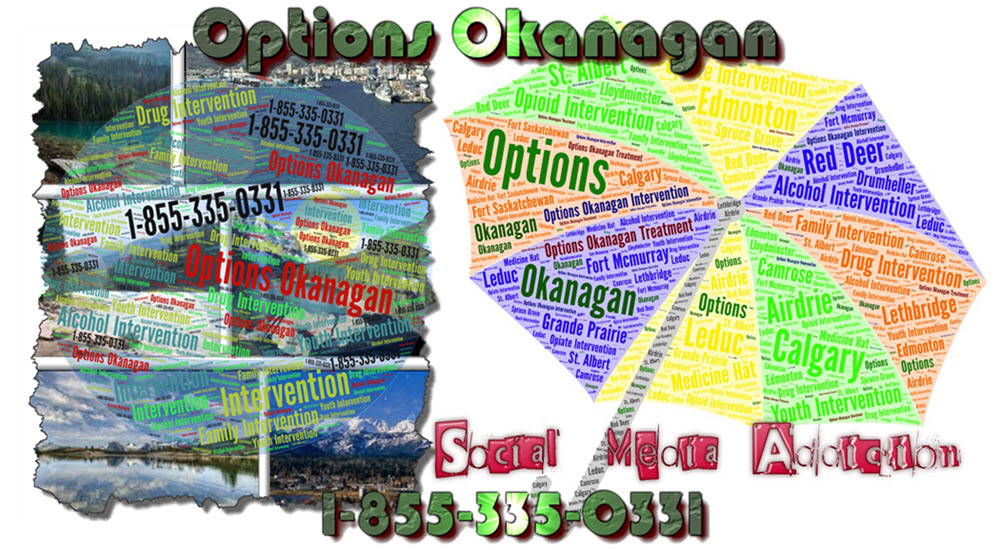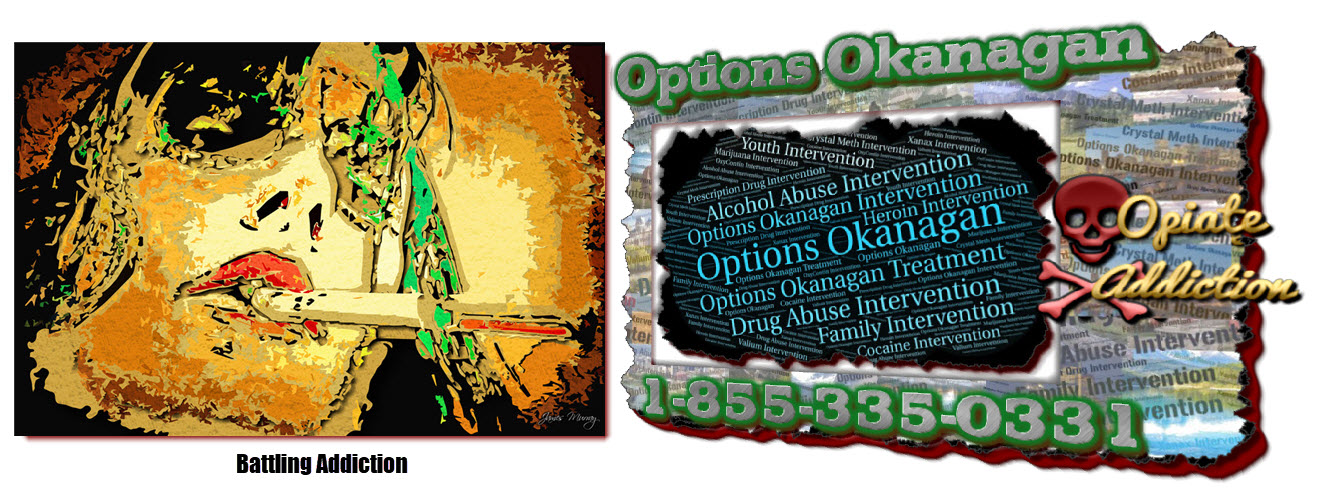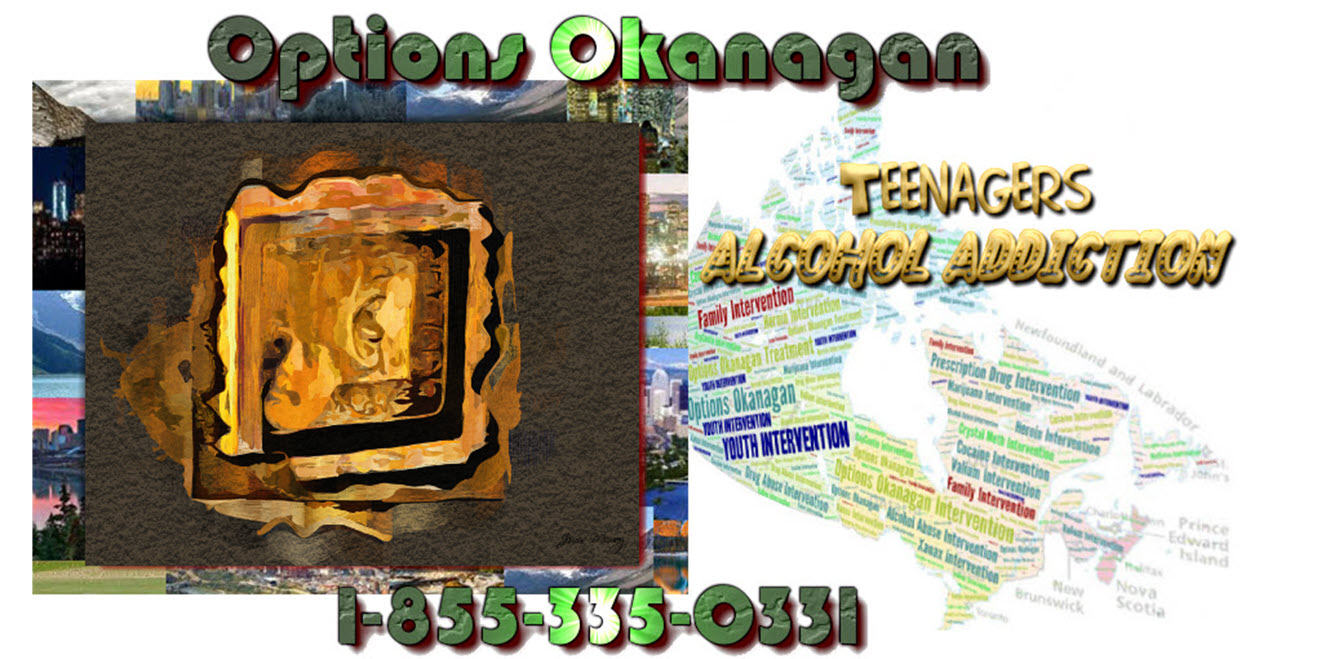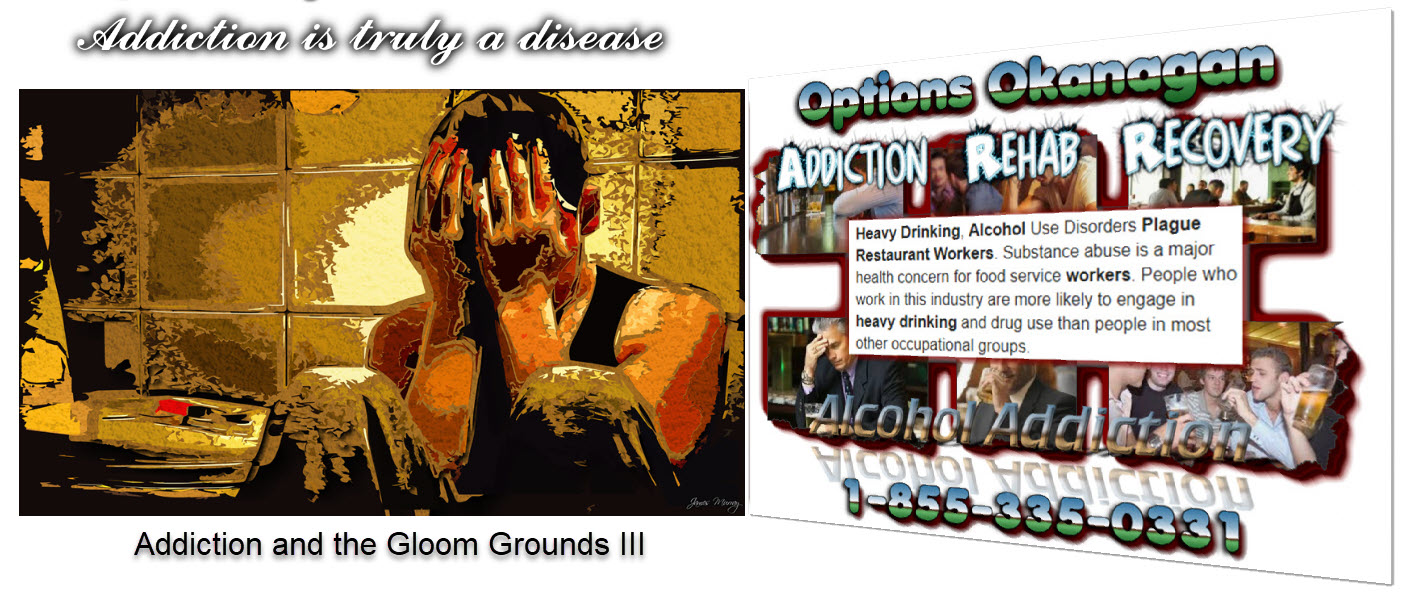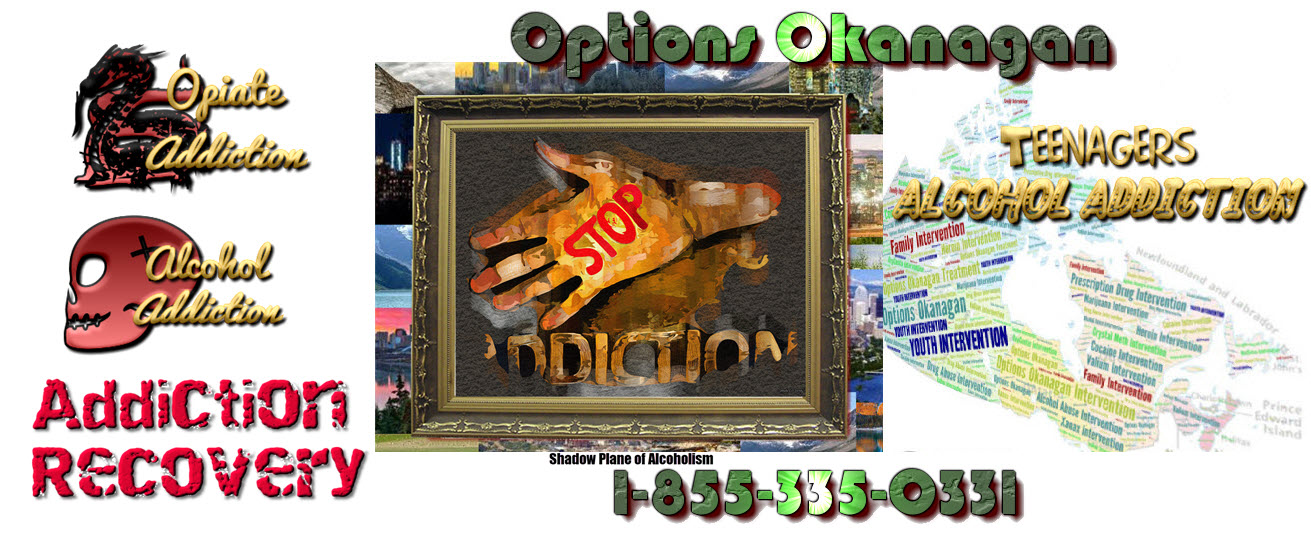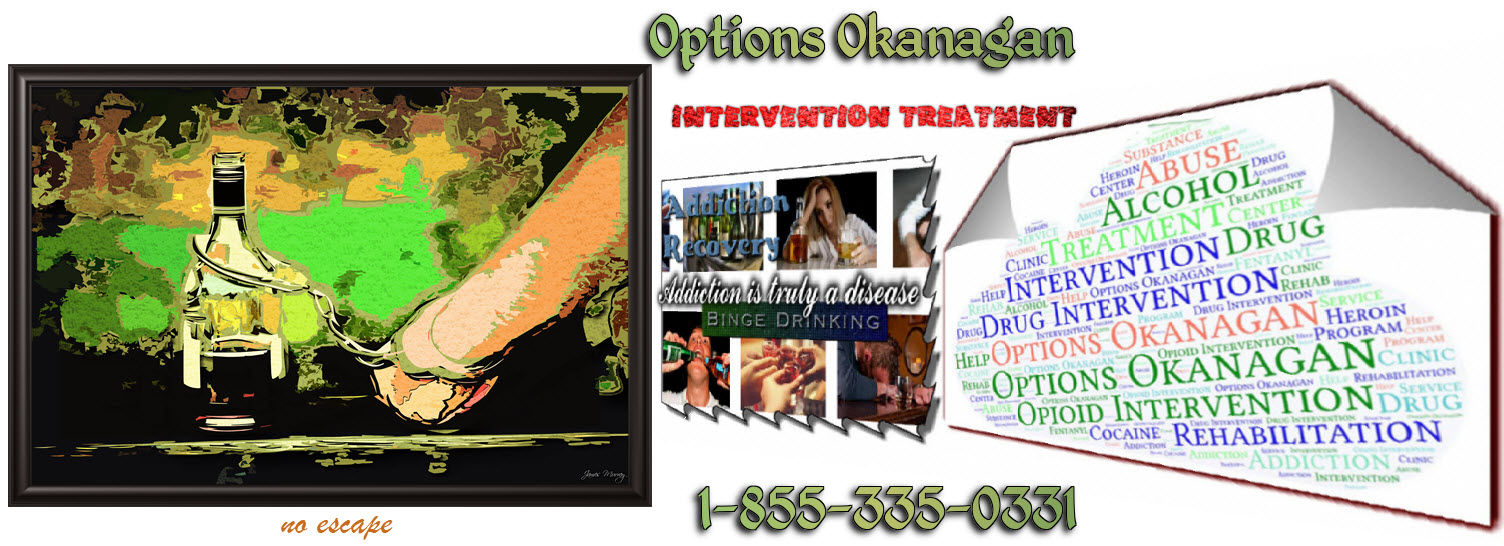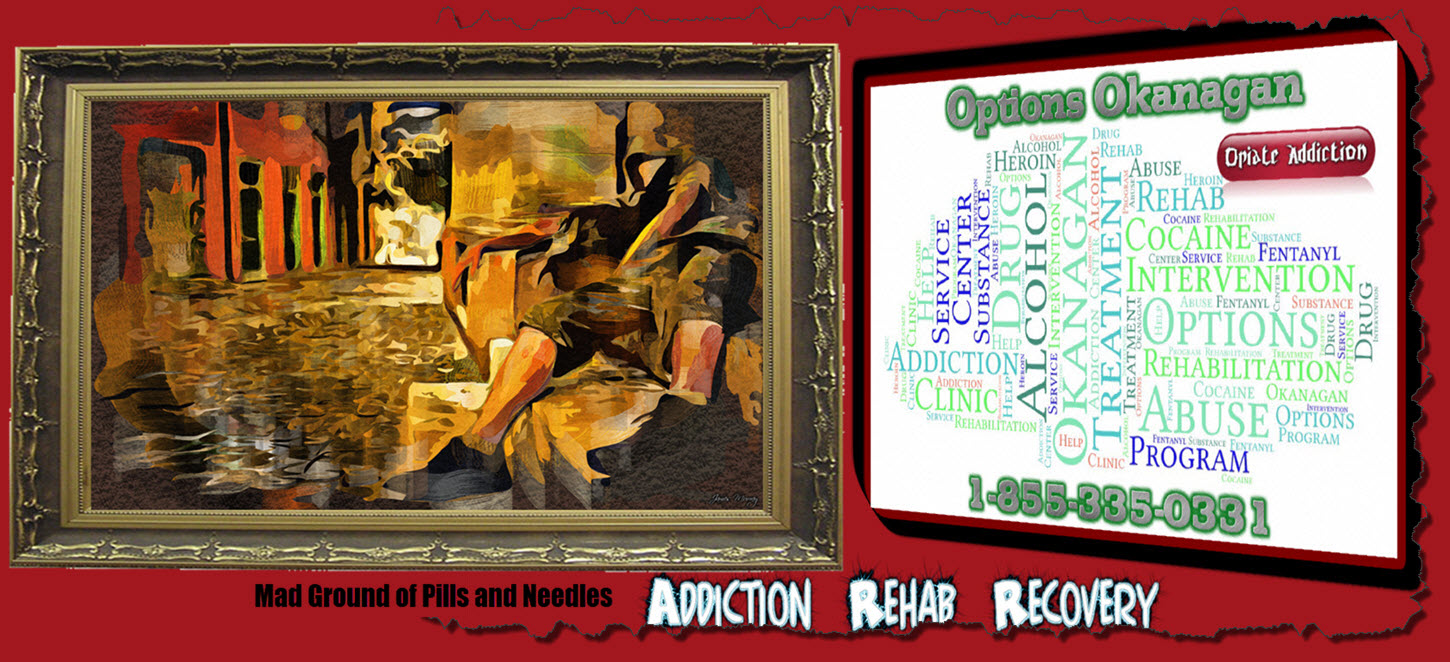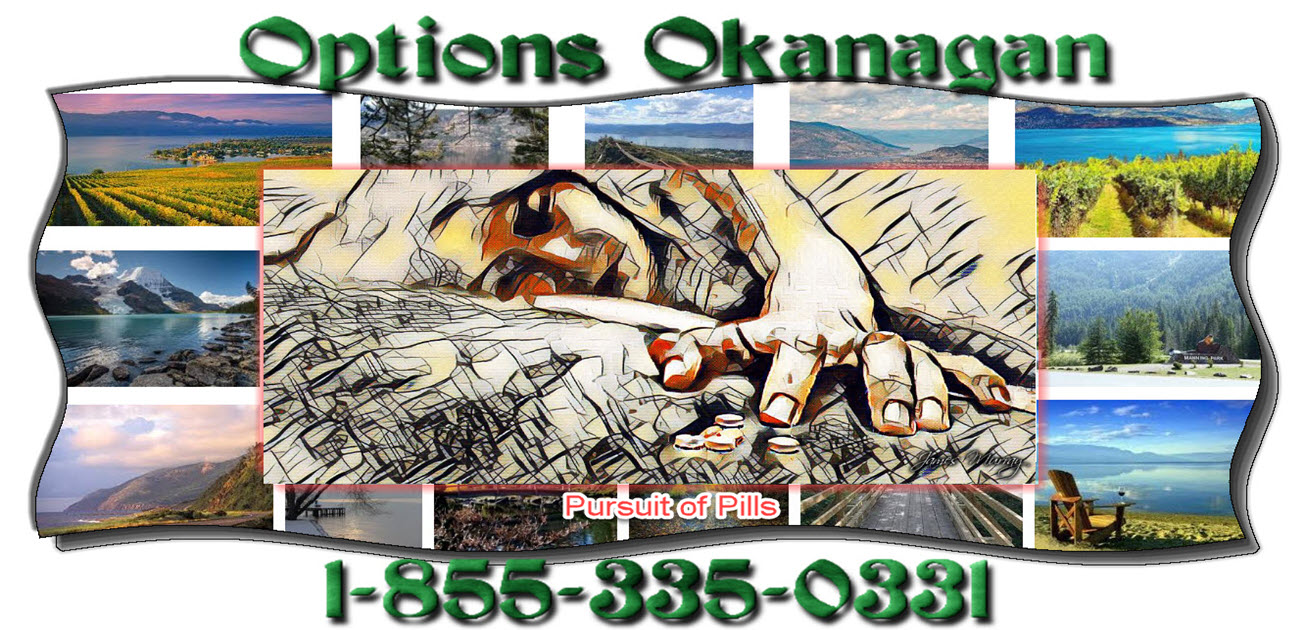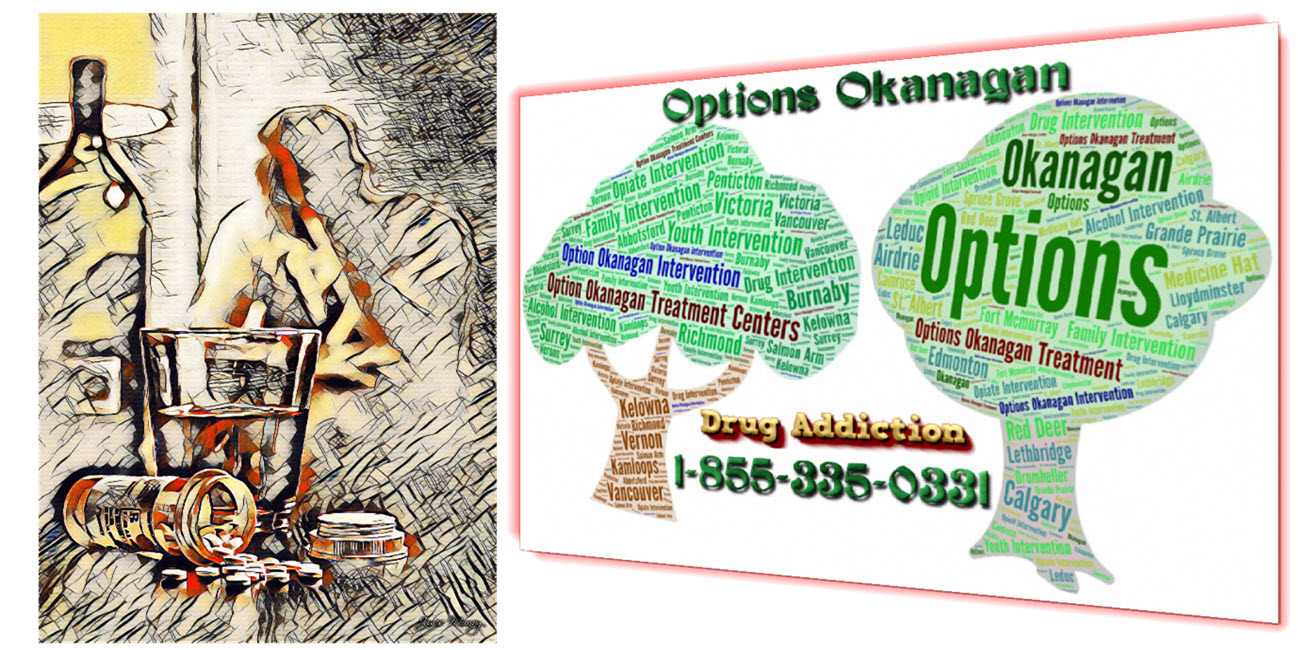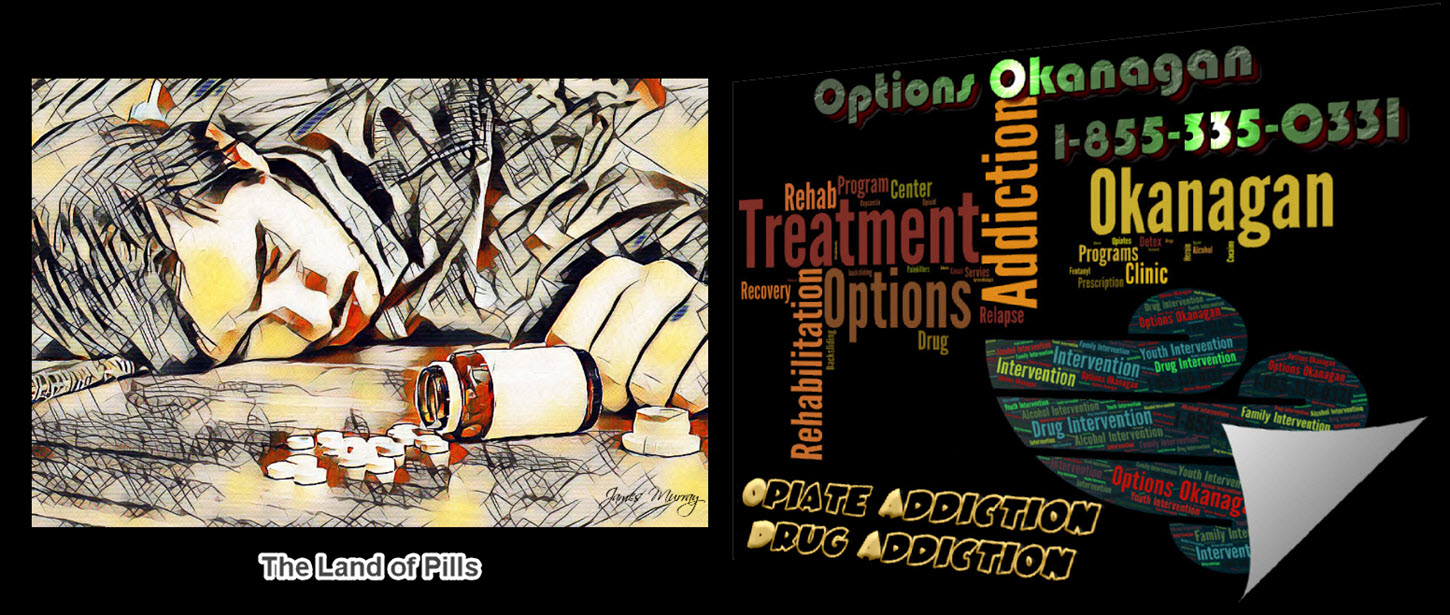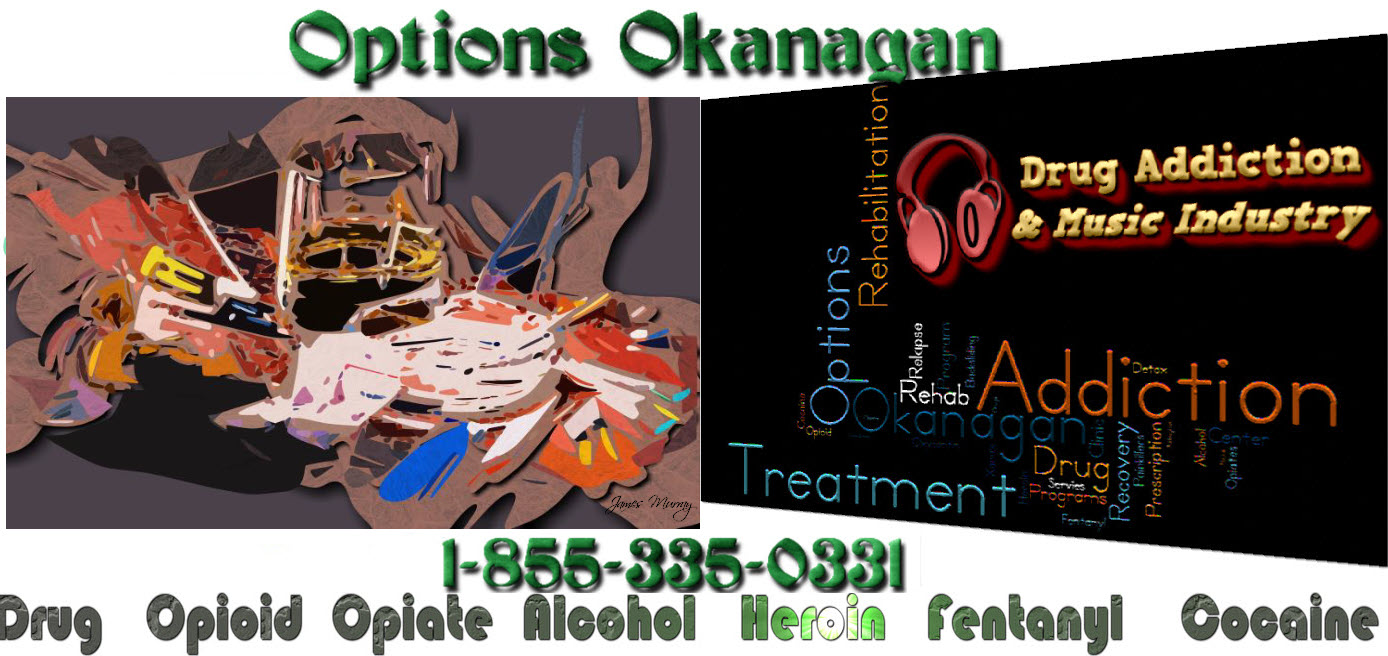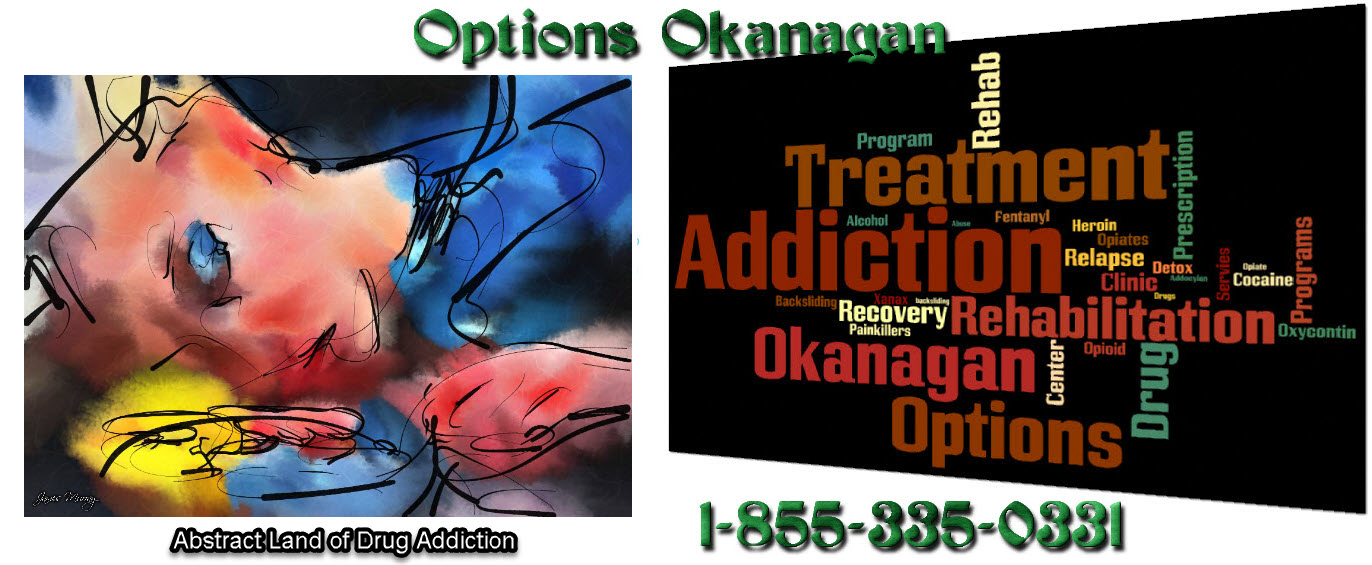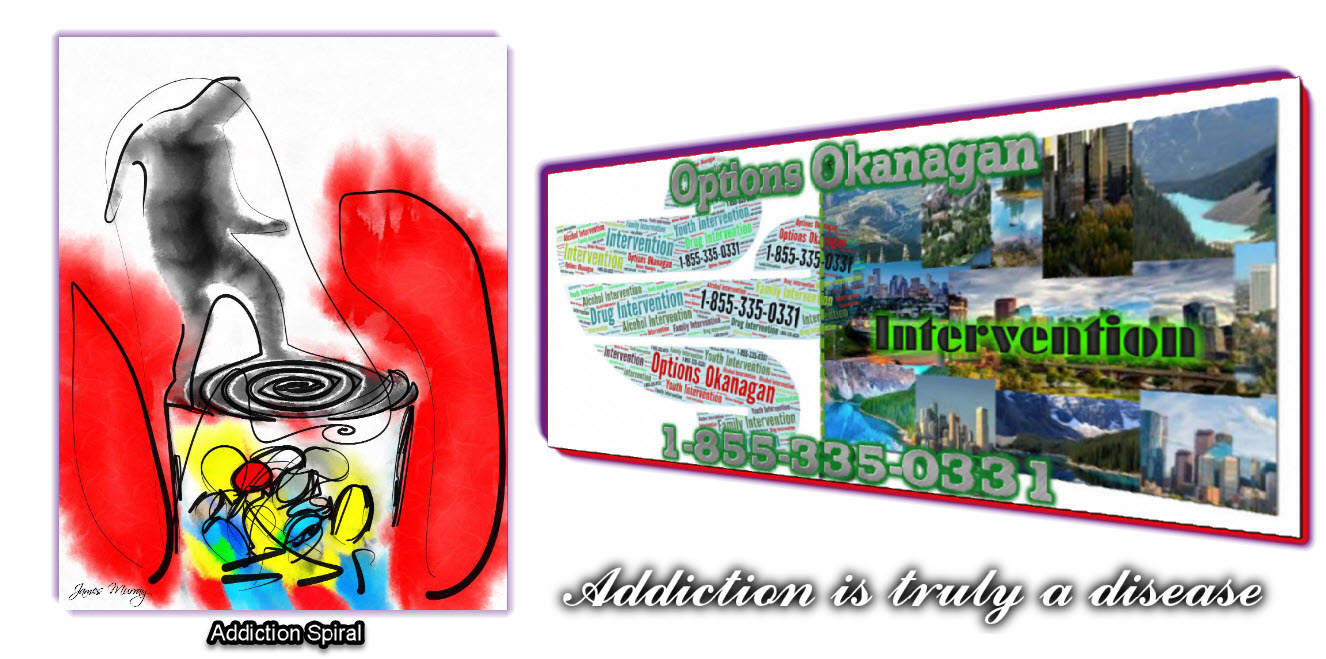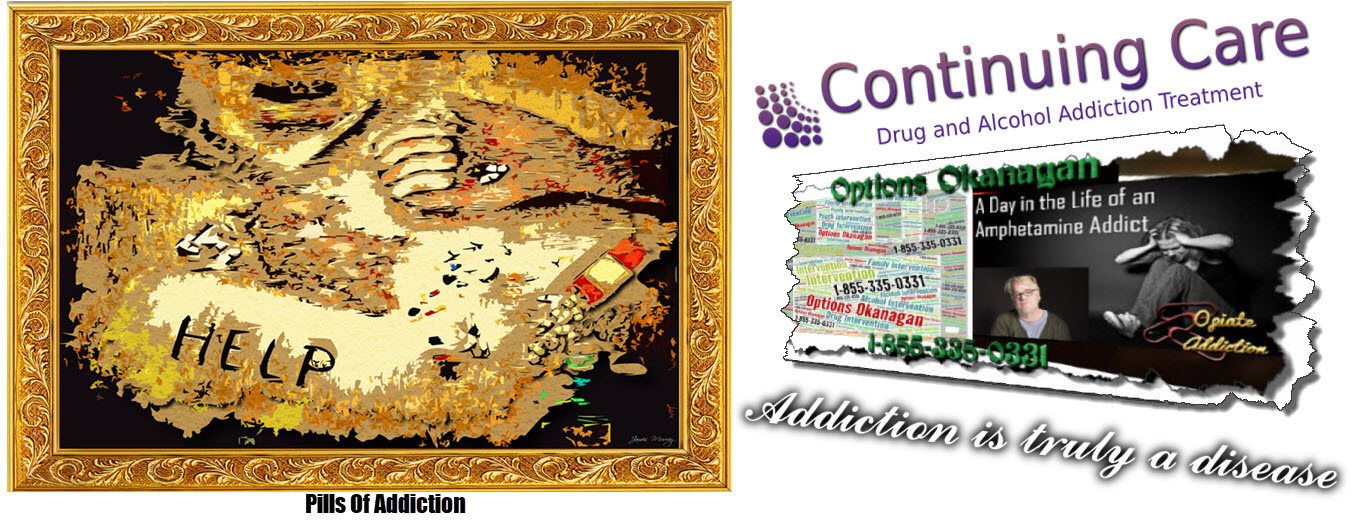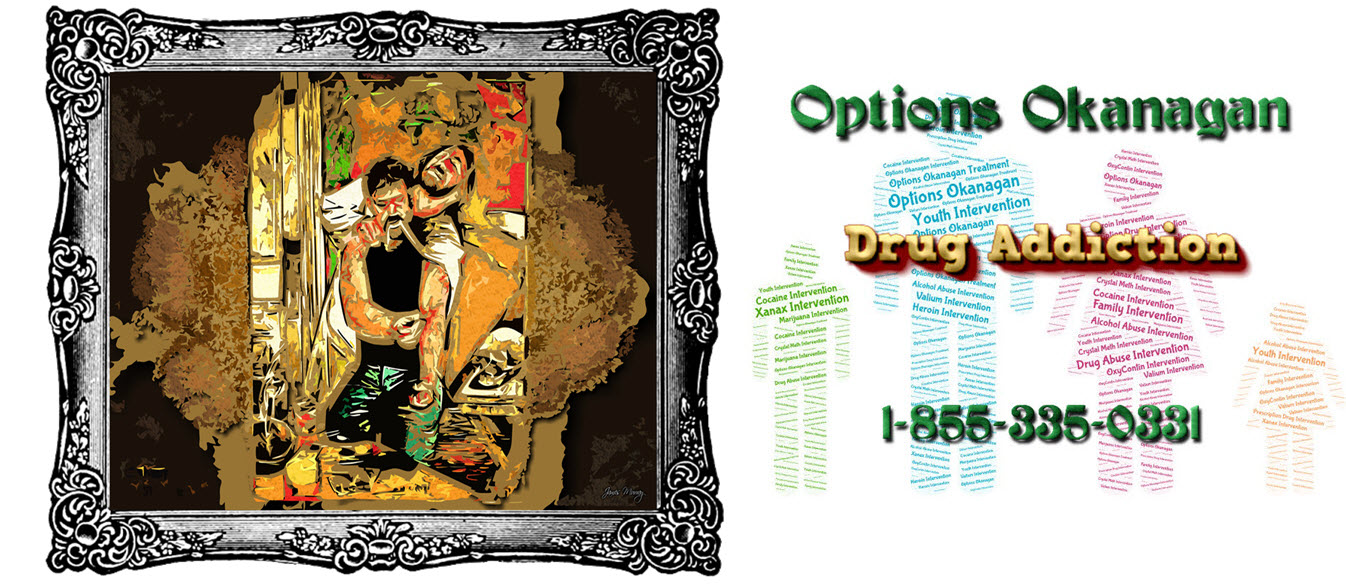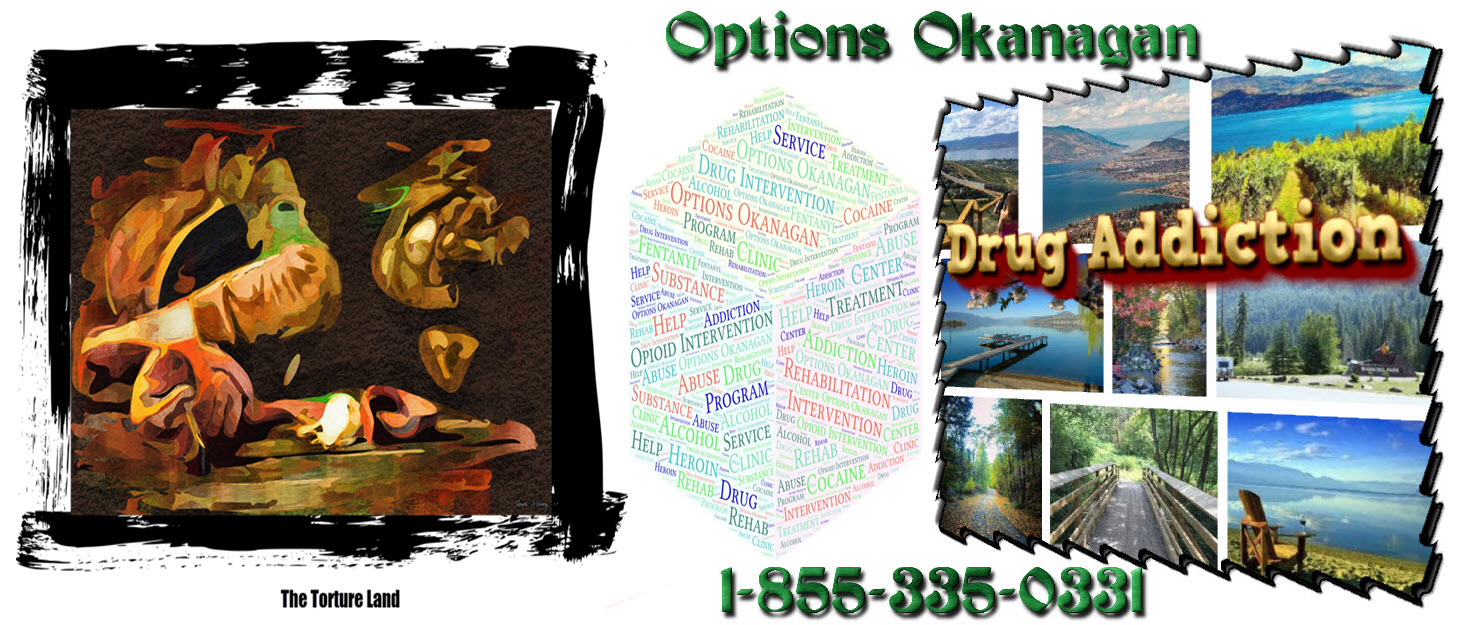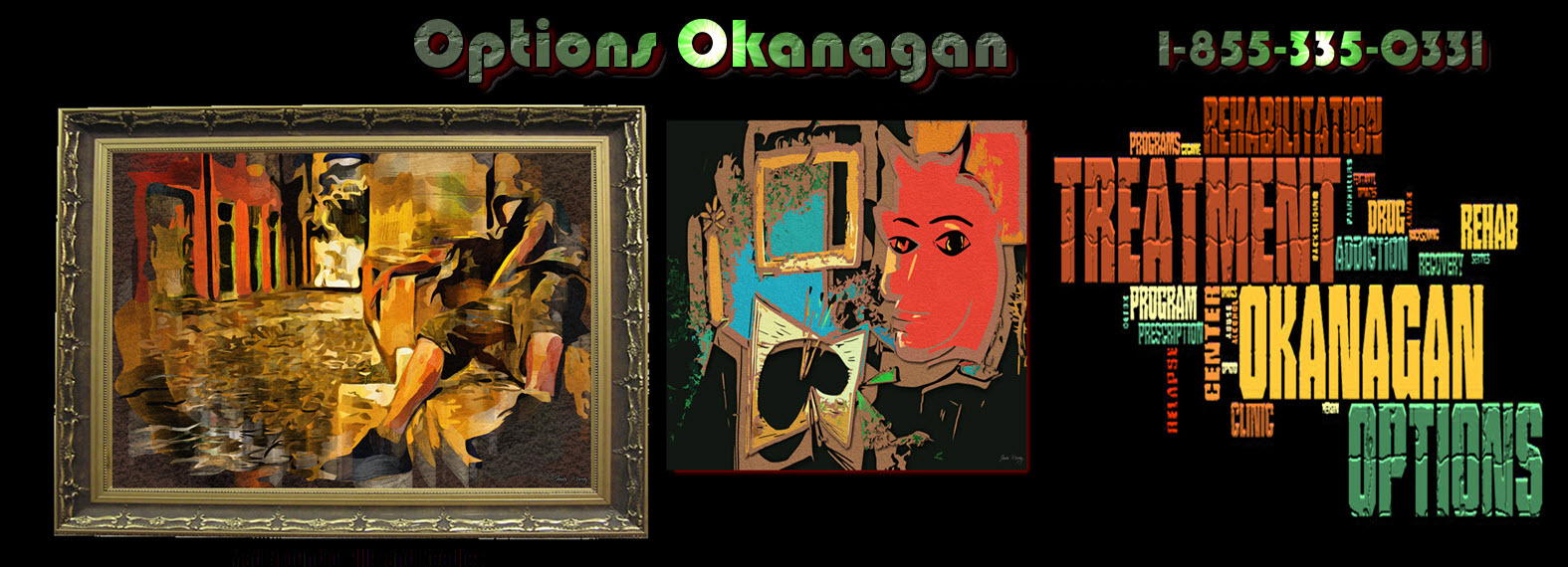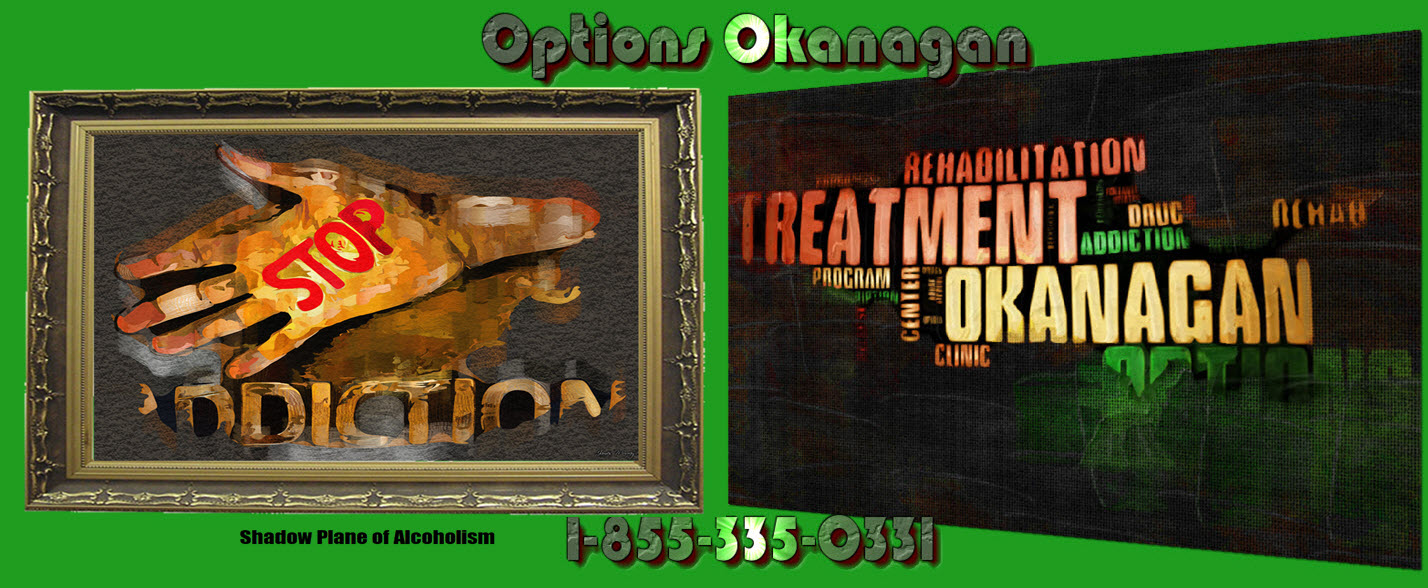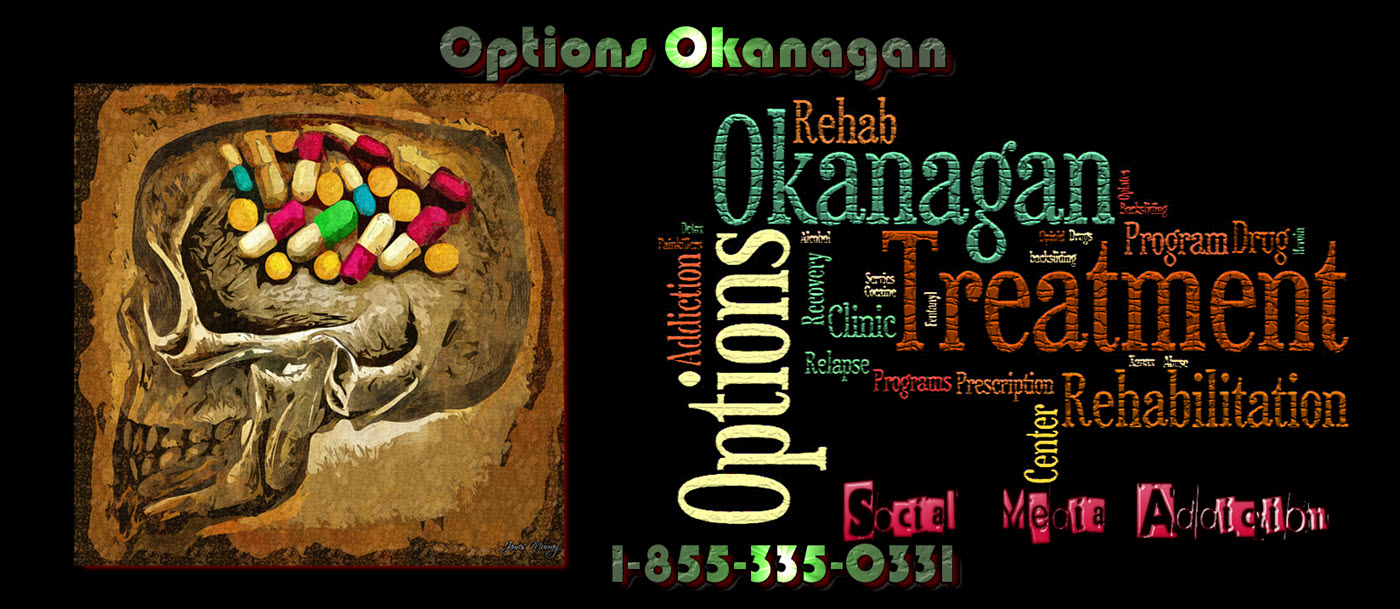Talking to an individual recovering from alcohol addiction – Alcohol Addiction Rehabs in British Columbia and Alberta – Options Okanagan Treatment Centers in Kelowna, British Columbia treating alcohol, drug, opiate, opioid, fentanyl, heroin addiction and recovery.
Alcohol Addiction Rehabs In BC and Alberta
Understanding the powerful nature of addiction can be challenging for those of us who are not affected by mental illness. As a result, individuals may feel uncomfortable communicating with an alcoholic. It’s normal to use non-addiction topics to fill a discussion with a recovering alcoholic. To avoid uncertainty, keep the following list of guidelines in mind.
Speak normally
That friend is still your friend. Just like you, he is also human. If your friend with osteoporosis or diabetes came back from a month-long treatment program, would you feel uncomfortable being around him? It doesn’t seem like it. Discuss your shared interests when chatting with a friend who is also an alcoholic and with whom you always enjoy seafood and exercise.
Keep things simple when discussing an alcoholic’s time in rehab. Anonymous literature, AA slogans, other recovering alcoholics, life lessons surround alcoholics while in rehab. An alcoholic will most likely be ready to talk about normal things once he or she frees themselves from their full-time focus on recovery. However, not all are equal in this respect.
From now on, if you have a close relationship with a recovering alcoholic, consider the following:
1. Distinguish enabling from helping: If you do something for him, like pay off his credit card debt for a month, he can do it himself if he gets rid of his excessive alcohol dependence. If you are enabling, you are doing yourself and your alcoholic friend an injustice when the answer is yes. The addict’s motivation to take responsibility for his own behavior is removed by helpers who come in to “fix” the addict’s problem.
2. Be objective: Separate your friend mentally from their drinking problem. You could even think of that person with two brain hemispheres, a logical side, and an alcoholic side. Match each conversation you identify with their alcoholic brain and the other. Separate their self-awareness from any alcoholic behavior.
3. During a relapse, don’t overreact: You could push your friend into withdrawal and social isolation if you yell at them for starting drinking again. The alcoholic’s focus on your anger and words will depend on the severity of your reaction, a stronger reaction leading to a stronger focus. On the other hand, if you do not overreact, the alcoholic will be forced to reconsider his actions.
4. Set Limits: You don’t have to threaten an alcoholic with relapse consequences. To finalize the details of your new boundaries after your friend leaves rehab, have small, friendly conversations. Take the time to explain that boundaries are the result of a favorable distinction, not a form of punishment.
Relapse occurs in most cases after rehabilitation. Relapse is usually possible, not only possible given the chronic nature of the condition. Relapse doesn’t just mean that the process was ineffective.
When you’re there to see the problems your friend is having after returning to their old habits, it’s only natural that you want to offer to help. Strengthen your resolve by reminding yourself that “the only behavior you can control is your own behavior” and a core principle that underlies AA. Without being a helper, focus on being a good friend. You don’t have to choose between caring about your friend and setting healthy drug-free boundaries.
Contact us, at Options Okanagan if you would like to learn more about alcoholism, or are in search of answers relating to the rehab process. You will get the best quality care, and all the answers you seek from our admissions counselors, who are ready to help.
Alcohol Addiction in Alberta and BC
Teen Addiction in Edmonton and Calgary in Alberta and BC
Options Okanagan Opiate and Alcohol Treatment Centers in Kelowna, Salmon Arm and Vancouver, British Columbia – Men and Women are recovering and healing from Alcohol and Drug Abuse at our treatment center here in the Okanagan right now.
Our unique and distinctive Opiate Drug and Alcohol treatment program allows men and women to come in from Calgary as well as Edmonton as we offer airport pickup.
Numerous clients come to us from Vancouver, Calgary and Edmonton and other locations in Alberta and even other provinces for Opiate addiction treatment, heroin drug treatment, many other drug and alcohol addictions for rehabilitation because of the uniqueness of our treatment center.
Our (Kelowna) Alcohol and Drug Treatment Program Location:
(Not Mailing Address) – Contact Us – Web Page
For Mail Delivery :: Please contact each center for correct mailing addresses, also this location is the location of our residential treatment programs in Kelowna. Please call Toll Free 1-855-335-0331 – to contact the treatment center you are going to for the address and directions.
Options Okanagan Drug and Opiate Treatment Center
551 Sherrydale Crescent, Kelowna, British Columbia, V1V 2E6
Toll-Free Phone Number: 1-855-335-0331

